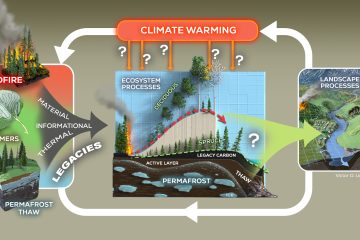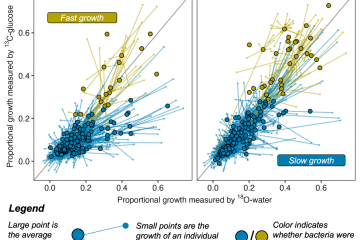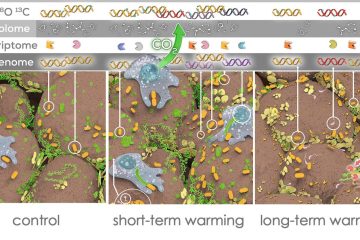Greater ecosystem carbon in the Mojave Desert after ten years exposure to elevated CO2
Carbon dioxide is the main greenhouse gas inducing climate change. Increased global CO2 emissions, estimated at 8.4 Pg C yr−1 at present, have accelerated from 1% yr−1during 1990–1999 to 2.5% yr−1 during 2000–2009 (ref. 1). The carbon balance of terrestrial ecosystems is the greatest unknown in the global C budget because the actual magnitude, location and causes of terrestrial sinks are uncertain2; estimates of terrestrial C uptake, therefore, are often based on the residuals between direct measurements of the atmospheric sink and well-constrained models of ocean uptake of CO2 (ref. 3). Here we report significant terrestrial C accumulation caused by CO2 enhancement to net ecosystem productivity in an intact, undisturbed arid ecosystem4, 5, 6, 7, 8 following ten years of exposure to elevated atmospheric CO2. Results provide direct evidence that CO2fertilization substantially increases ecosystem C storage and that arid ecosystems are significant, previously unrecognized, sinks for atmospheric CO2 that must be accounted for in efforts to constrain terrestrial and global C cycles.


